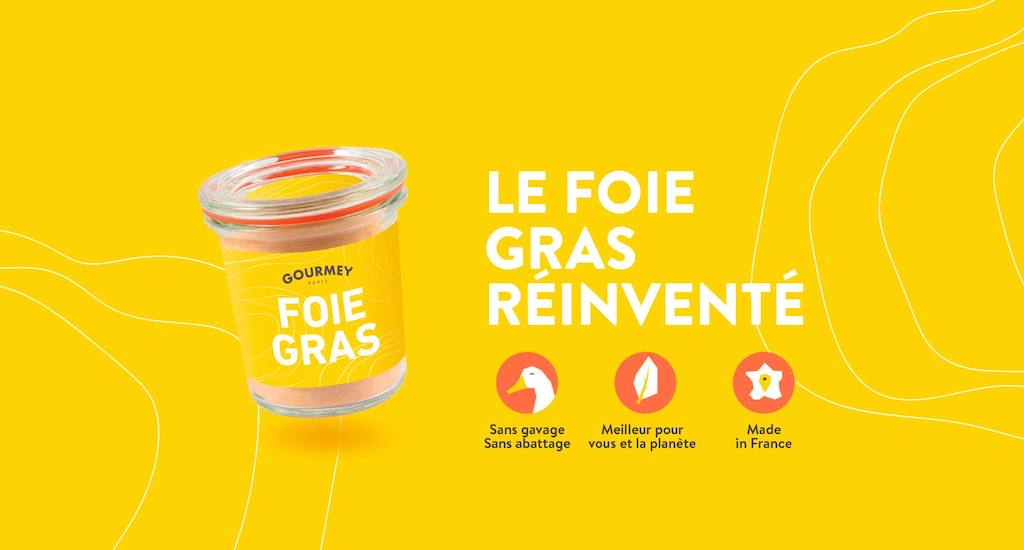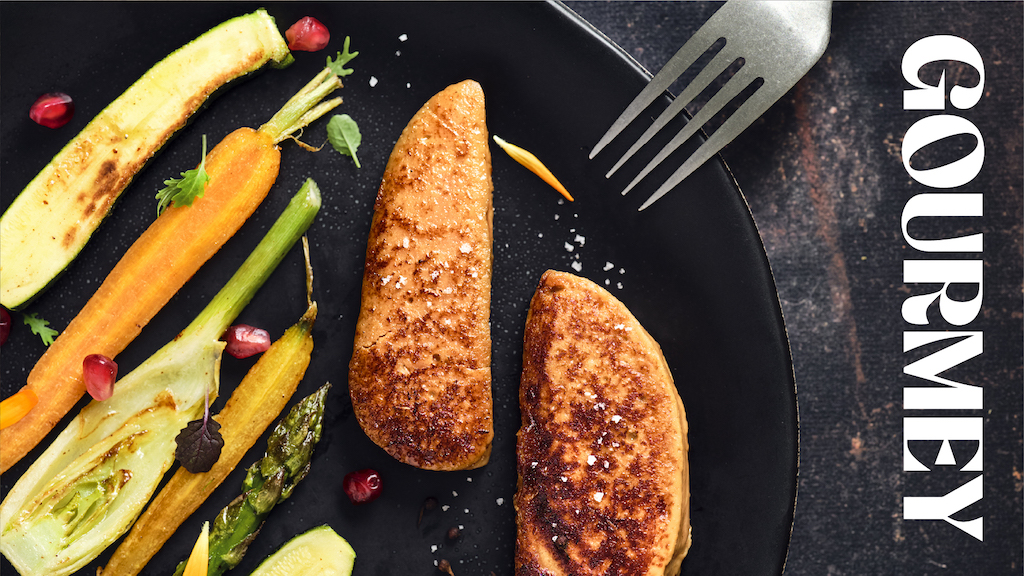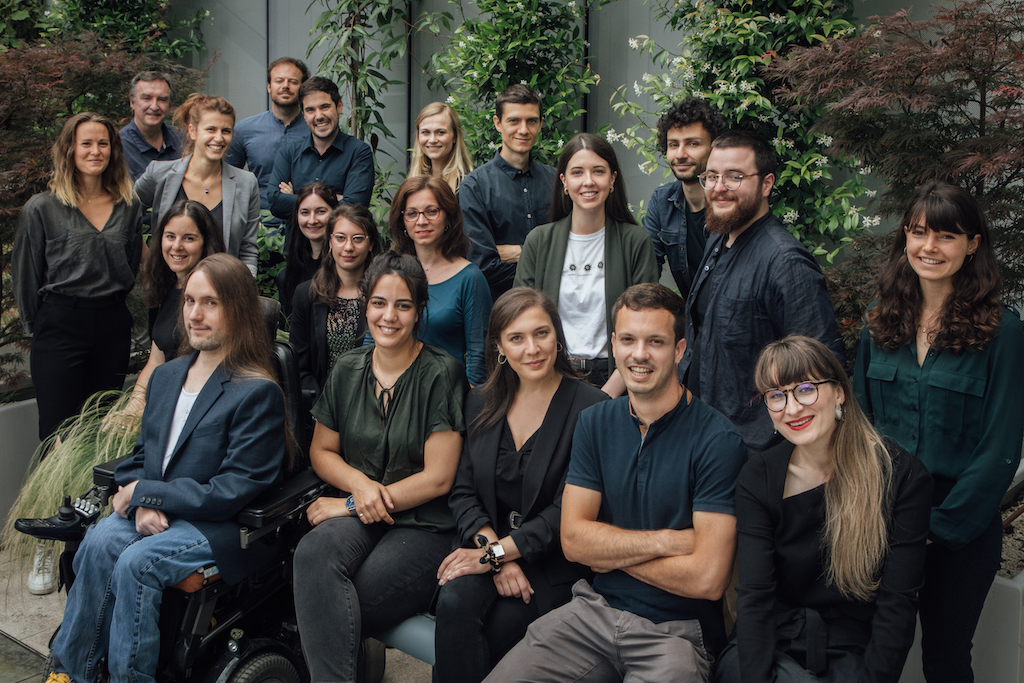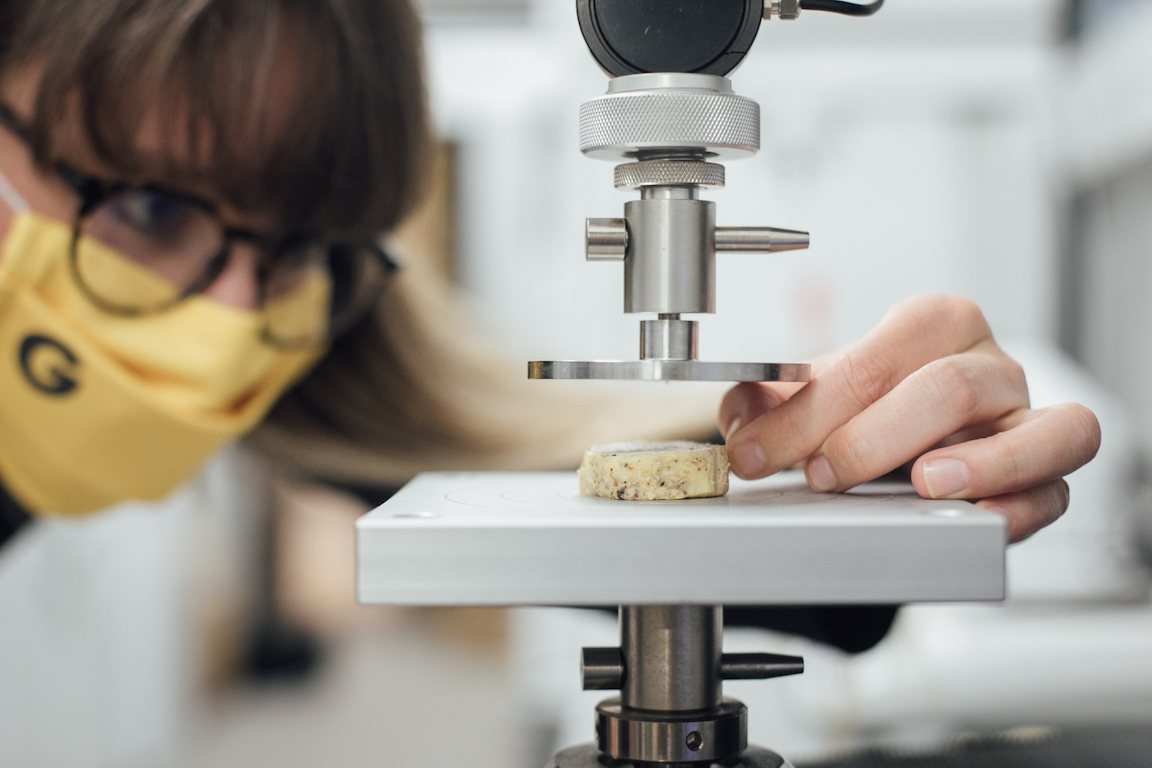5 Mins Read
France’s cell-based pioneer Gourmey has bold plans ahead after bagging $10 million in a seed round that included support from the French government. The funding marks the largest seed round to date within the cultivated poultry sector. Armed with fresh capital, Gourmey wants to expand its poultry portfolio with duck, chicken, and turkey in order to commercialize around late 2022.
Gourmey’s record $10 million seed round, a combination of equity and debt, was co-led by Berlin-based Point Nine, the backers of Delivery Hero, and Air Street Capital, which has previously invested in Mission Barns. In addition, European VCs Heartcore and Partech joined the oversubscribed round. The French government, via Bpifrance, and the European Commission also participated. According to Gourmey, it marks the largest seed round to date within the cultivated poultry space.
Gourmey previously raised $200,000 in a pre-seed round in 2019 as part of the Big Idea Ventures accelerator program. It is one of just two companies in France’s cellular agriculture space, the other being Vital Meat, a startup based in Nantes who is working on cultivated chicken.
The French government’s backing is particularly noteworthy given that the country’s current agricultural minister Julien Denormandie made headlines last December when he tweeted “for me, NO. Meat comes from live animals, not labs.”
Disrupting the $300B poultry market
The Paris-based food tech says it’ll be using the funds to scale up its production capacities. It carved out a name in the cultivated space as the first French cell-based food tech, with its flagship product, cruelty-free foie gras, the fatty liver of geese and ducks that is eaten pan-fried or as a pate. Foie gras is deeply entrenched in French gastronomic culture but mired in animal exploitation controversy. In many countries, sales and production of the food are banned.
Foie gras is an ideal fit for cellular agrilcuture production, given that it does not require complex scaffolds to replicate the flesh of animal meat, like with a beef steak or a pork chop, which demand more in terms of texture high fidelity.
Armed with fresh funding, Gourmey plans to expand its offerings with more products to disrupt the $300 billion poultry market. The first cell lines the startup has its eyes on are duck, chicken, and turkey.
[Poultry] is an obvious choice to maximise our impact.
Nicolas Morin-Forest, CEO & Co-Founder, Gourmey

“Poultry is the most consumed and fastest growing meat on the planet, so it is an obvious choice to maximise our impact,” said Gourmey CEO Nicolas Morin-Forest. Morin-Forest co-founded the startup in 2019 with Dr. Victor Sayous and Antoine Davydoff.
While pork is still the world’s favourite animal protein at the moment, poultry demand is set to overtake the pork market by 2029. By then, it will account for half of the overall rise in meat demand globally.
“Foie gras, the single most premium and decadent poultry meat on the planet with a $2B market, is our flagship product. Other premium duck, chicken, and turkey meats from the finest breeds are coming next,” said the CEO.
Other premium duck, chicken and turkey meats from the finest breeds are coming next.
Nicolas Morin-Forest, CEO & Co-Founder, Gourmey

Gearing up for market launch in 2022
Proceeds from the seed round will enable Gourmey to push ahead with its commercialization plans. The startup is already working with regulatory agencies at the moment and says it aims for market entry by as soon as late 2022 or early 2023.
The company says it will launch its foie gras product first because its premium nature means the product can compete with its traditional animal-produced counterpart on price from the start.
“We can deliver [foie gras] at price and taste parity faster, which is the main challenge for the industry,” explained Morin-Forest.
What sets us apart is our focus on taste.
Dr. Victor Sayous, CTO, Gourmey
Gourmey says it plans to launch via food service, having already received “strong commercial interest” from global chefs and restaurants. The cultivated foie gras has already been “approved by a French Michelin-star chef”.
“What sets us apart is our focus on taste through gastronomic and food sciences,” shared Gourmey CTO Dr. Victor Sayous. “We have demonstrated this know-how on foie gras, which is arguably the most complex fine food in the world, and we are now confidently expanding our product portfolio.”

Investors keen on gastronomic approach
For investors, the foodservice go-to-market strategy Gourmey is planning for is one to bank on.
“We love Gourmey’s initial focus on culinary arts and premium meats as chef adoption will be critical to the success of cultivated meat,” commented Andrew D. Ive, general managing partner at Big Idea Ventures (BIV). BIV was an early backer of Gourmey in its pre-seed and reinvested in the latest round alongside players like Paris-based Eutopia and Silicon Valley-based Ataraxia.
Chef adoption will be critical to the success of cultivated meat.
Andrew D. Ive, General Managing Partner, BIV
“Taste parity remain[s] the key success factor,” added Point Nine managing partner Christoph Jan. “We’re truly impressed by Gourmey’s delicious products and the company’s ability to progress both on the science and the flavour at record speed.”
Food innovation hub NX-Food recently released a paper detailing the success of “gastronomy first” commercialisation. In the report, the researchers said that working with chefs helps build demand before entering retail, improves trust with customers, and elevates the product to attract more consumers.
All images courtesy of Gourmey, lead image: Gourmey’s food scientist Dr. Marion Gaff assessing the texture of a foie gras prototype.




